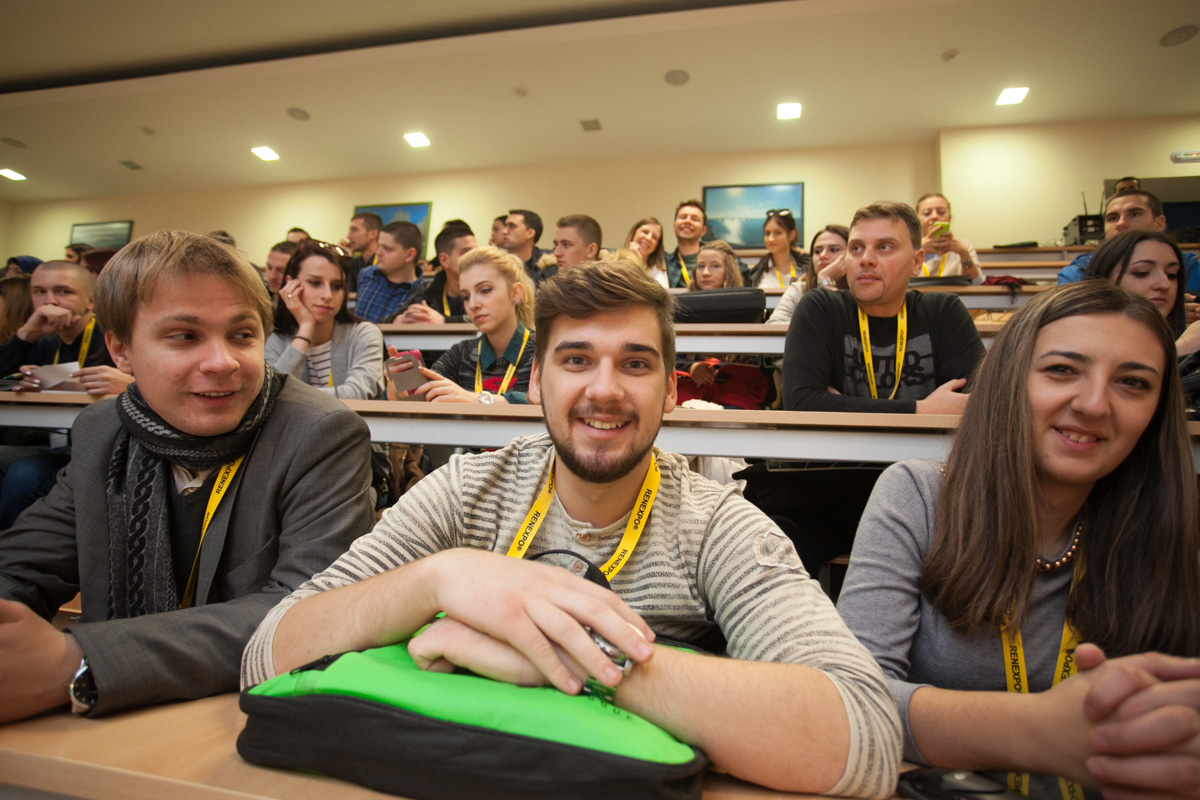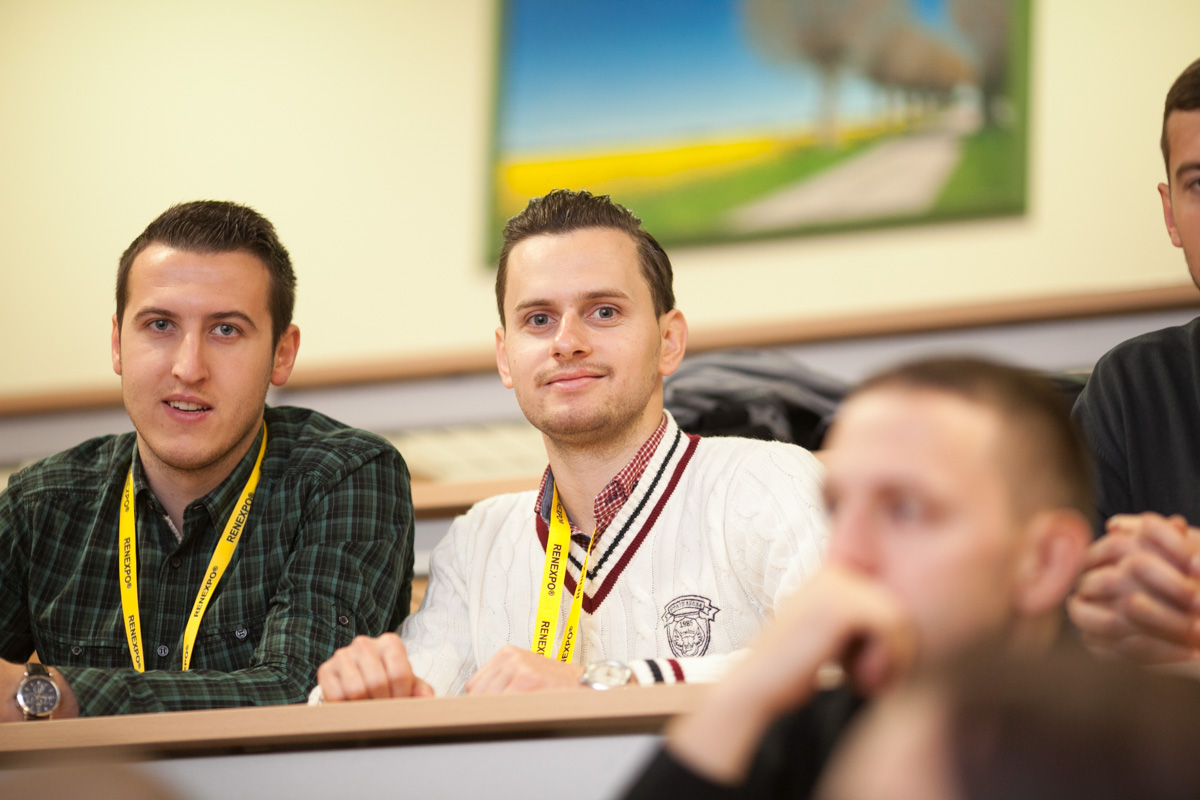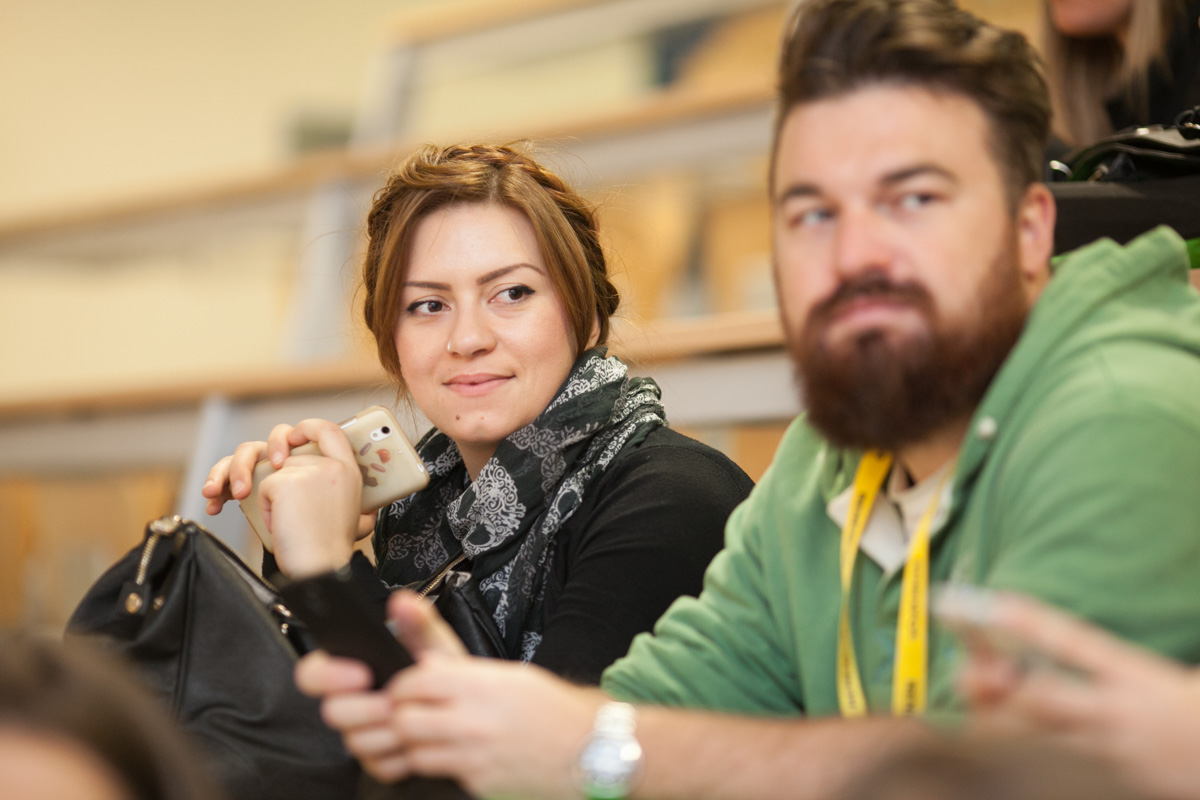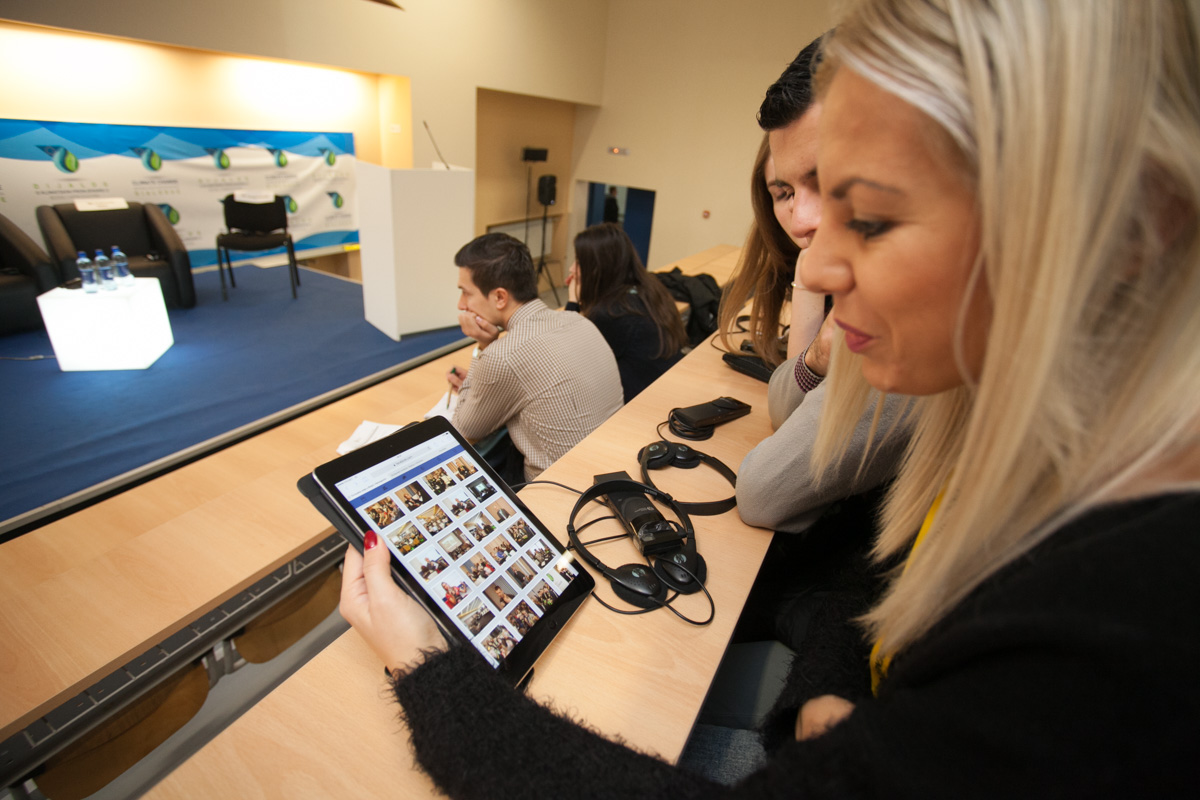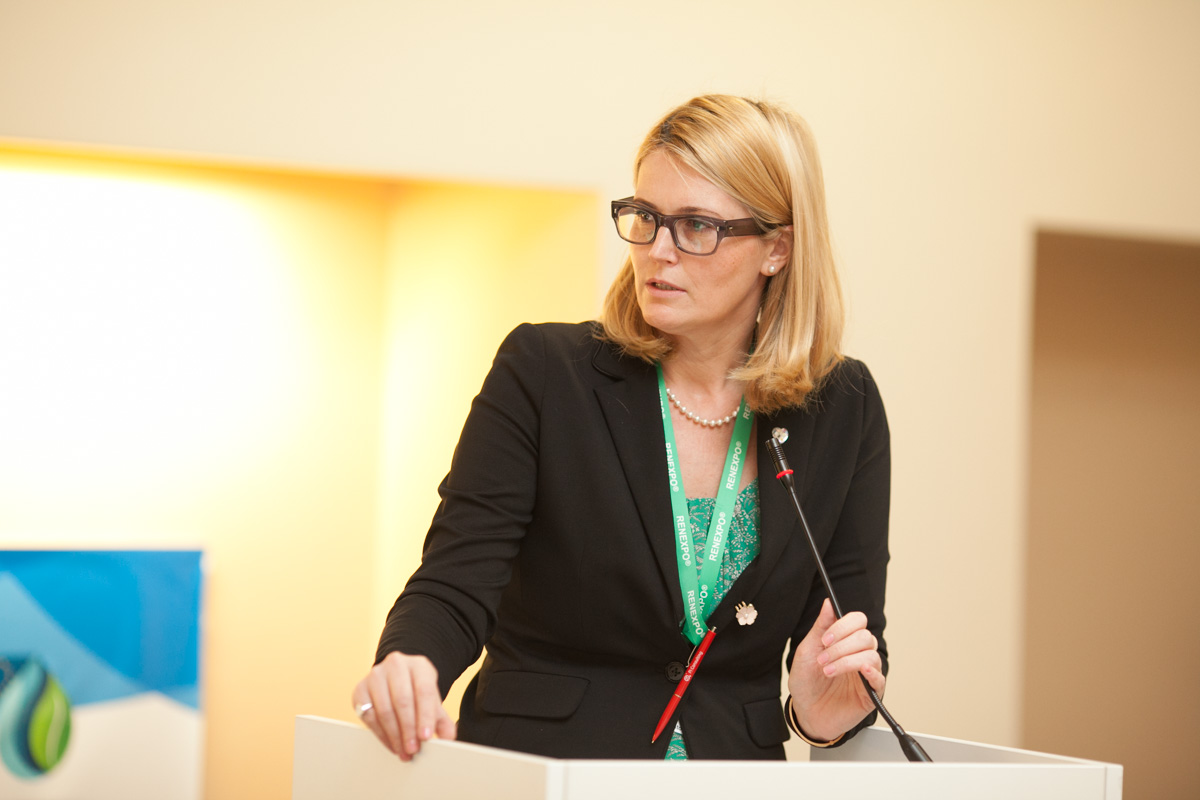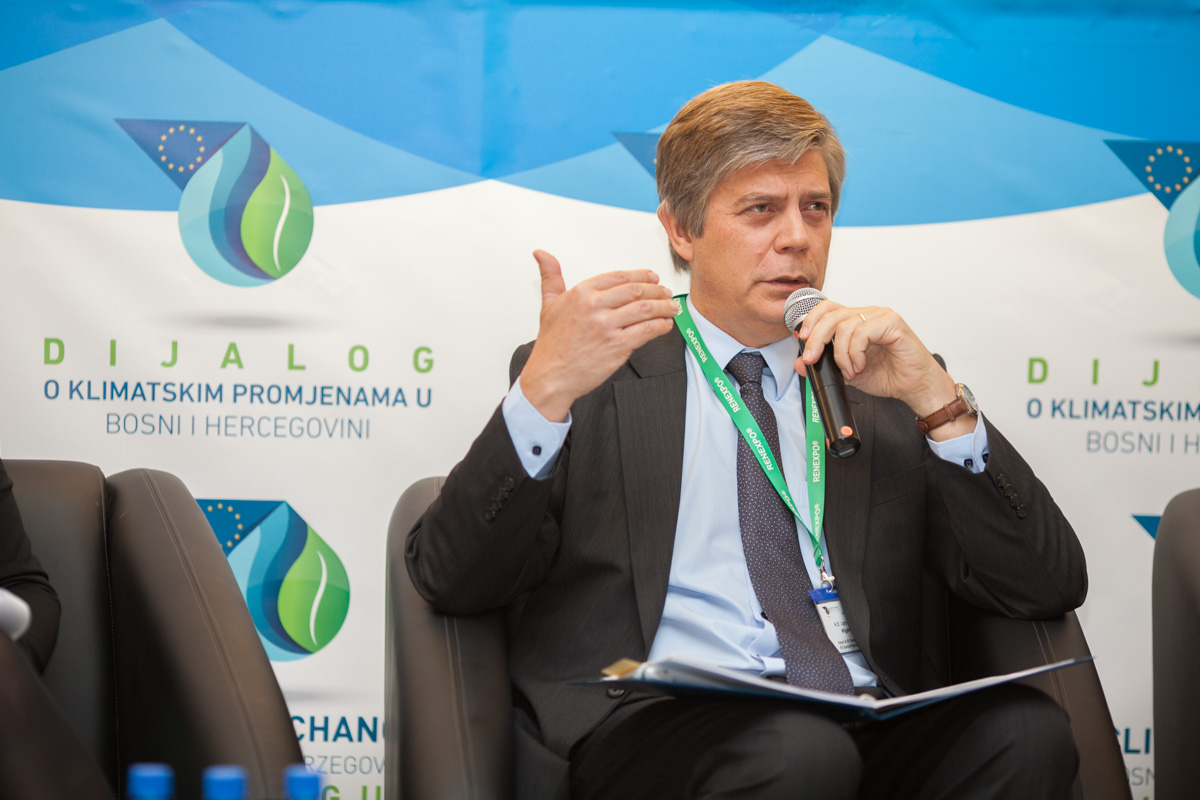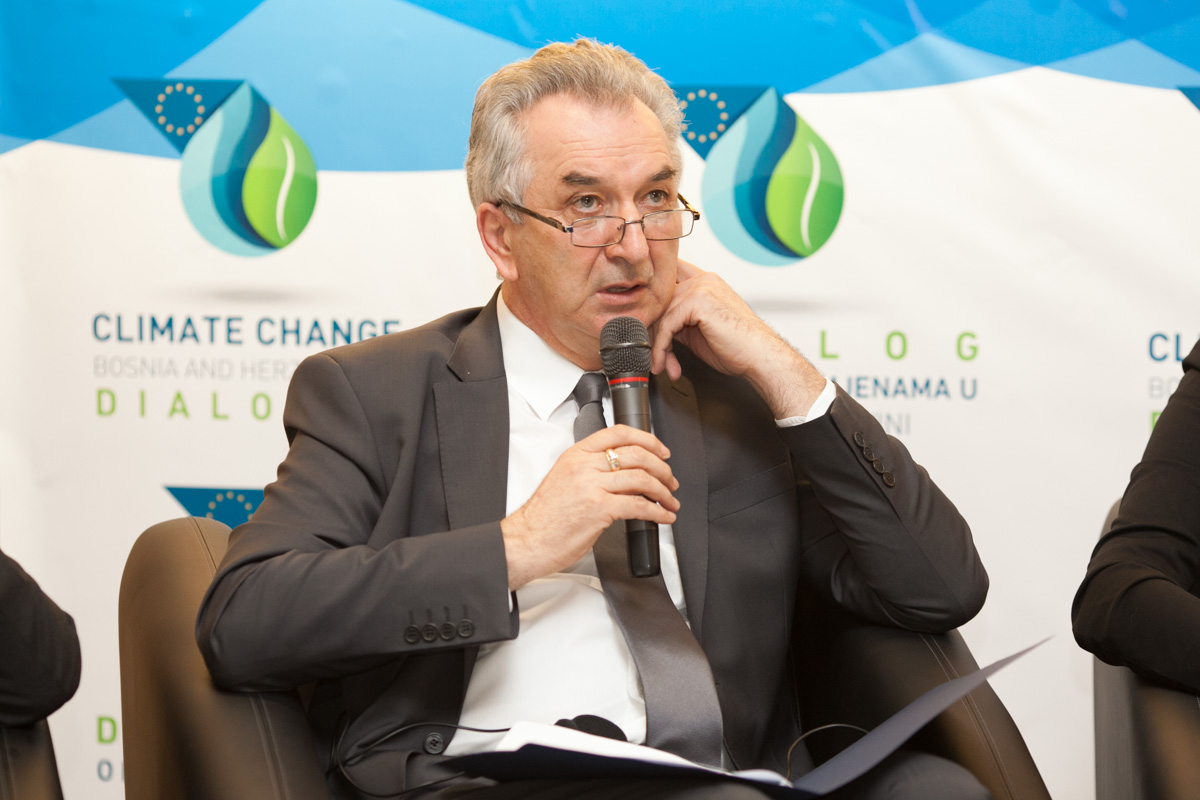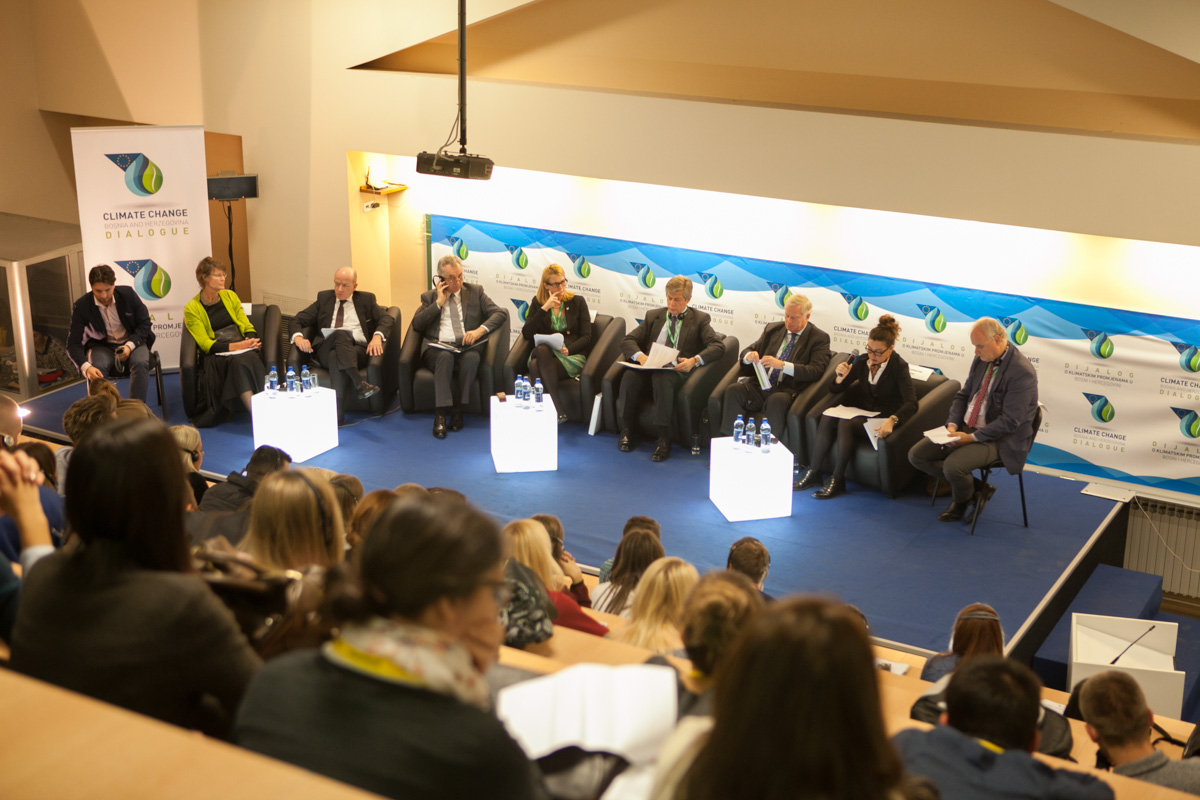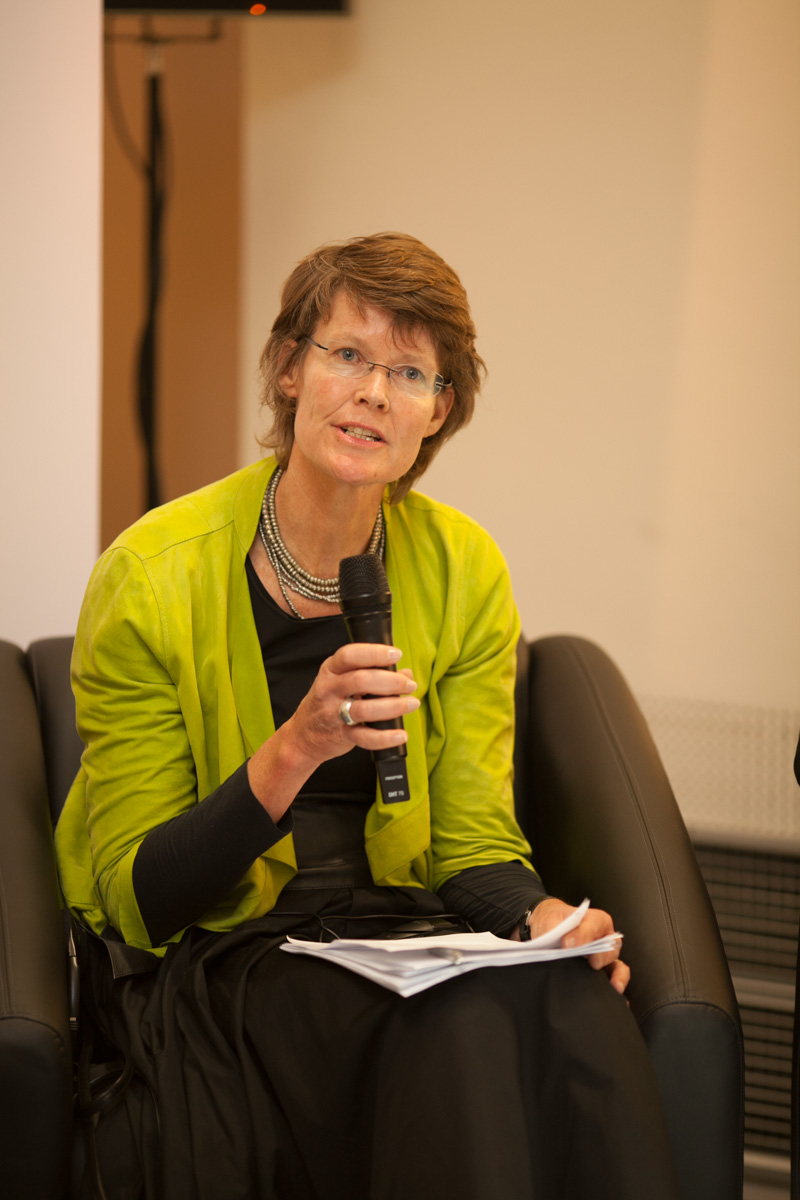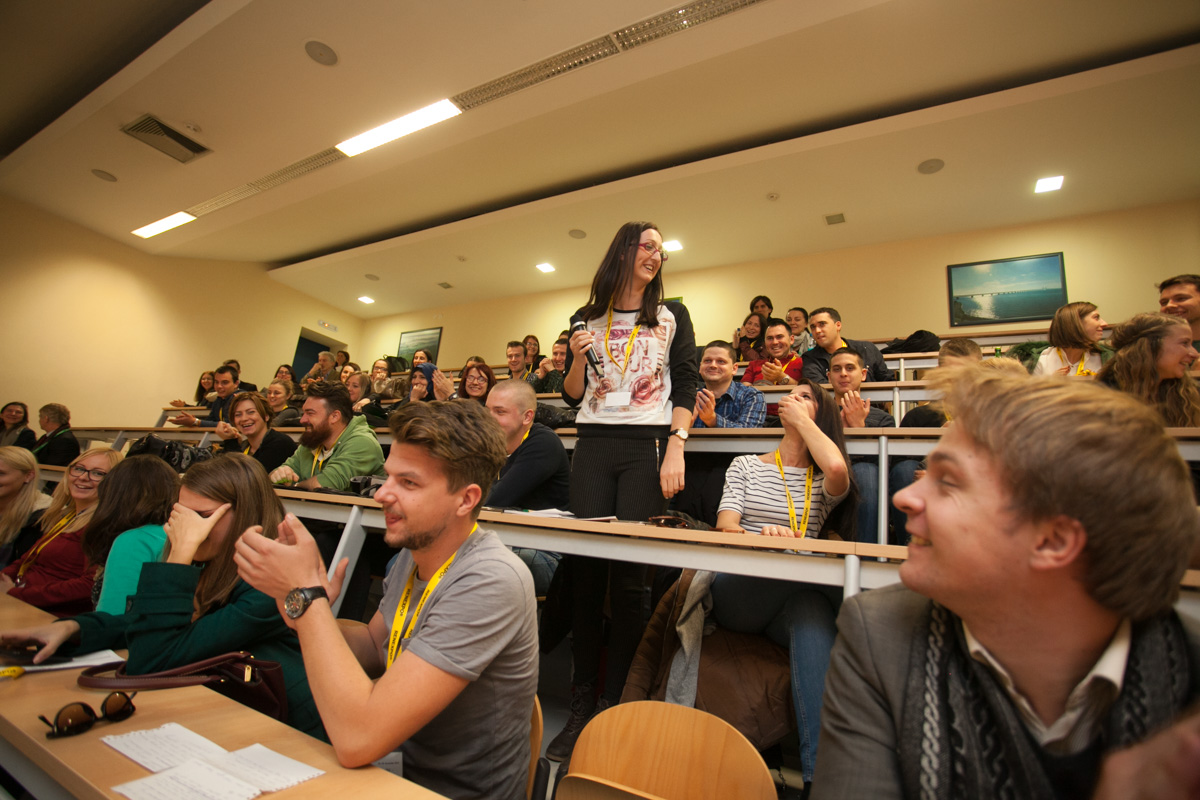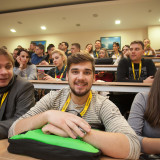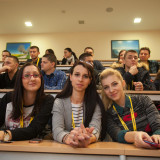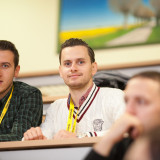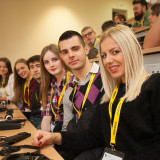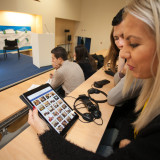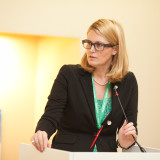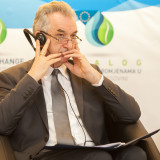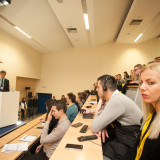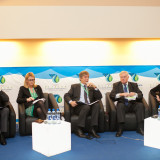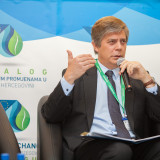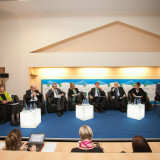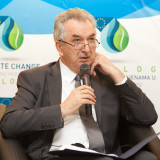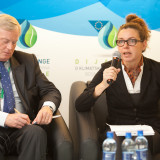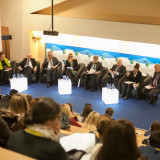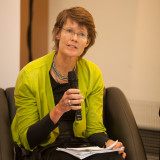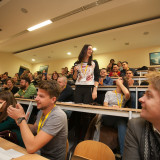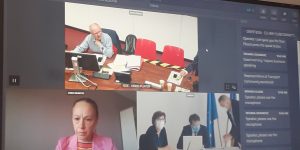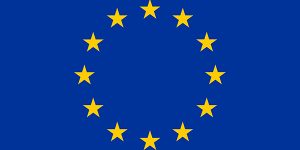The Climate Change Dialogue in Bosnia and Herzegovina, two-day expert event that gathered over 100 university students, concluded today in Sarajevo. The students had the opportunity to gain scientific and technical knowledge by participating in training sessions and panel discussions, as well as expert insight through contacts with representatives of leading companies in the field of renewable energy, energy efficiency and innovation.
The Climate Change Dialogue was organised by the Delegation of the European Union/EU Special Representative in BiH, the Embassy of Sweden to BiH, the Embassy of the Federal Republic of Germany to BiH, the Embassy of the Kingdom of the Netherlands to BiH, and Deutsche Gesellschaft für Internationale Zusammenarbeit (GIZ).
In the run-up to the 2015 Paris Conference of Parties (COP21), the Climate Change Dialogue was organized to increase public understanding and concern for the impacts, risks and threats caused by climate change. The recent floods in BiH in 2014 are a prime example of climate change effects that showed the vulnerability of the country to changed weather patterns and weather extremes.
On the first day, Fredrik Schiller, Ambassador of Sweden, and Claire Bodonyi, Ambassador of France, welcomed the students, outlining the objective of the event and providing general information on the 2015 Paris Conference. Gregor Vulturius, from Stockholm Environment Institute, gave a presentation titled “Facing the issue – impacts and risks of climate change”, including an overview of the real effects, risks, impacts and possible threats of climate change and how they can be addressed. Dr. Hans Jochen Luhman talked about the perspectives and what we can do in terms of climate change and sustainability.
Following two insightful presentations, the students had an opportunity to participate in the guided tour through RENEXPO trade fair and meet the representatives of leading companies in the field of renewable energy and energy efficiency. Students had lively discussions and used these meetings to exchange ideas and engage in networking.
Working sessions explored both technical aspects and policy of climate change. Jaap Jansen and Joost Gerdes, from the Dutch Energy Research Centre, gave an overview of energy efficiency and renewable energy, the two important fields in terms of climate change.
Ylva Rylander, press and communications advisor at the Stockholm Environment Institute, talked about political and social implications of climate change to students who participated in the policy dialogue. Her presentation was followed by presentation of Prof. Dr. Jurgen Kropp from Potsdam Institute for Climate Impact Research that covered issues related to ecological effects of climate change.
Working sessions enabled an interactive discussion between experts and students, with particular focus on the possible economic impacts of necessary measures to combat climate change in BiH.
The Dialogue also provided a venue for young innovators from BiH who had an opportunity to present their projects that are focused on sustainable development and improvements that may lead to more efficient use of resources.
On 6 November, students participated in the panel discussion with the BiH Minister of Foreign Trade and Economic Relations Mirko Šarović, Head of EU Delegation and EUSR Ambassador Lars-Gunnar Wigemark, Ambassador of Sweden Fredrik Schiller, Ambassador of Germany Christian Hellbach, Deputy Ambassador of France Catherine Veber and Deputy Ambassador of the Kingdom of Netherlands to BiH Loes Lammerts.
Students also visited buildings in Sarajevo that have implemented renewable energy and energy efficiency measures, as well as facilities powered with renewable energy sources in Zenica.


